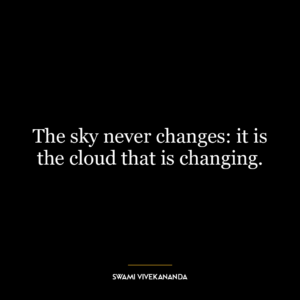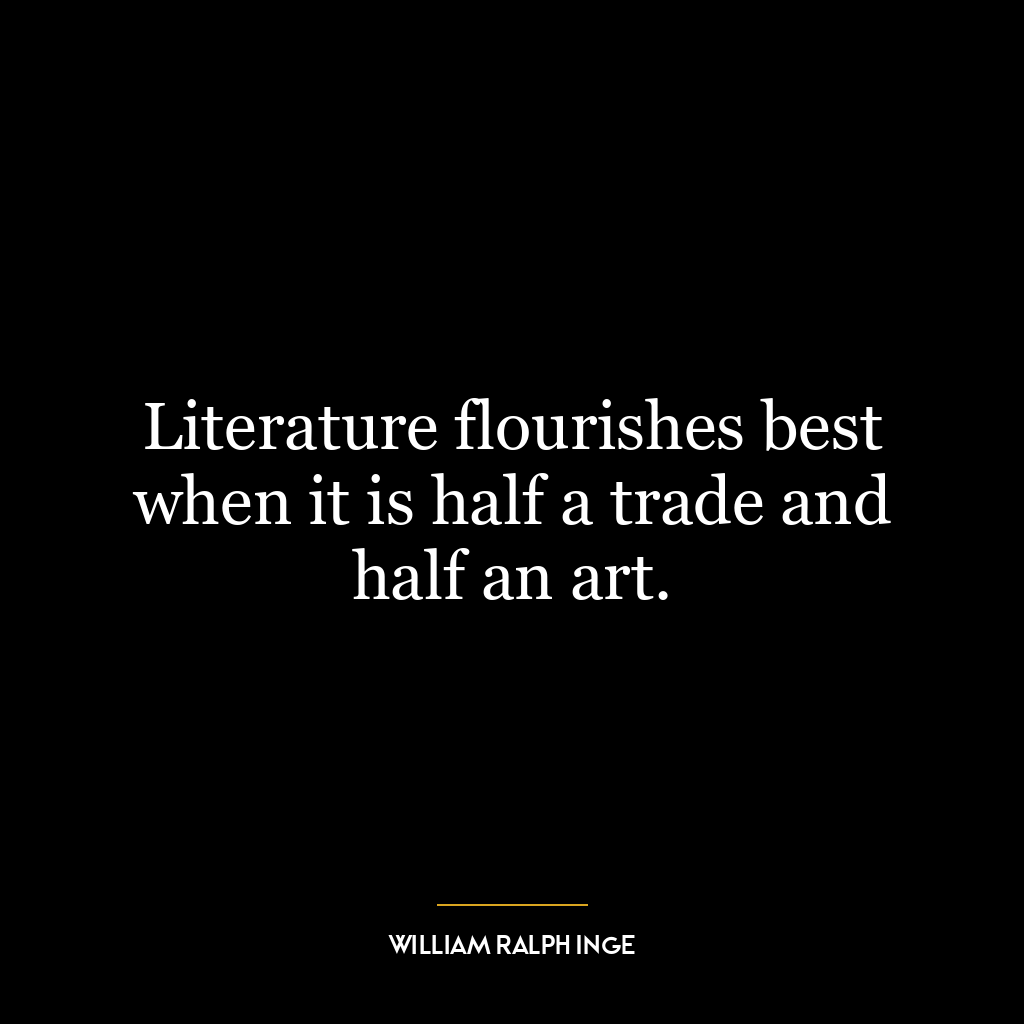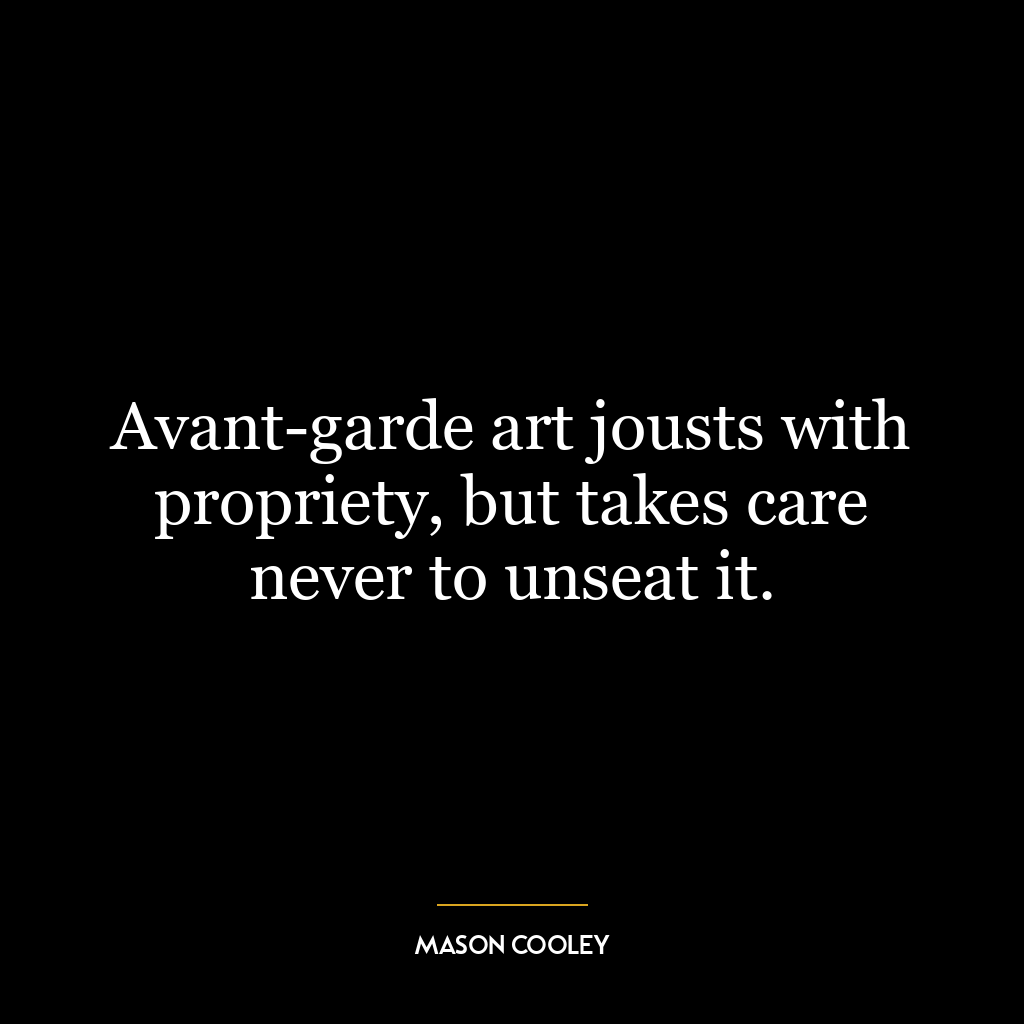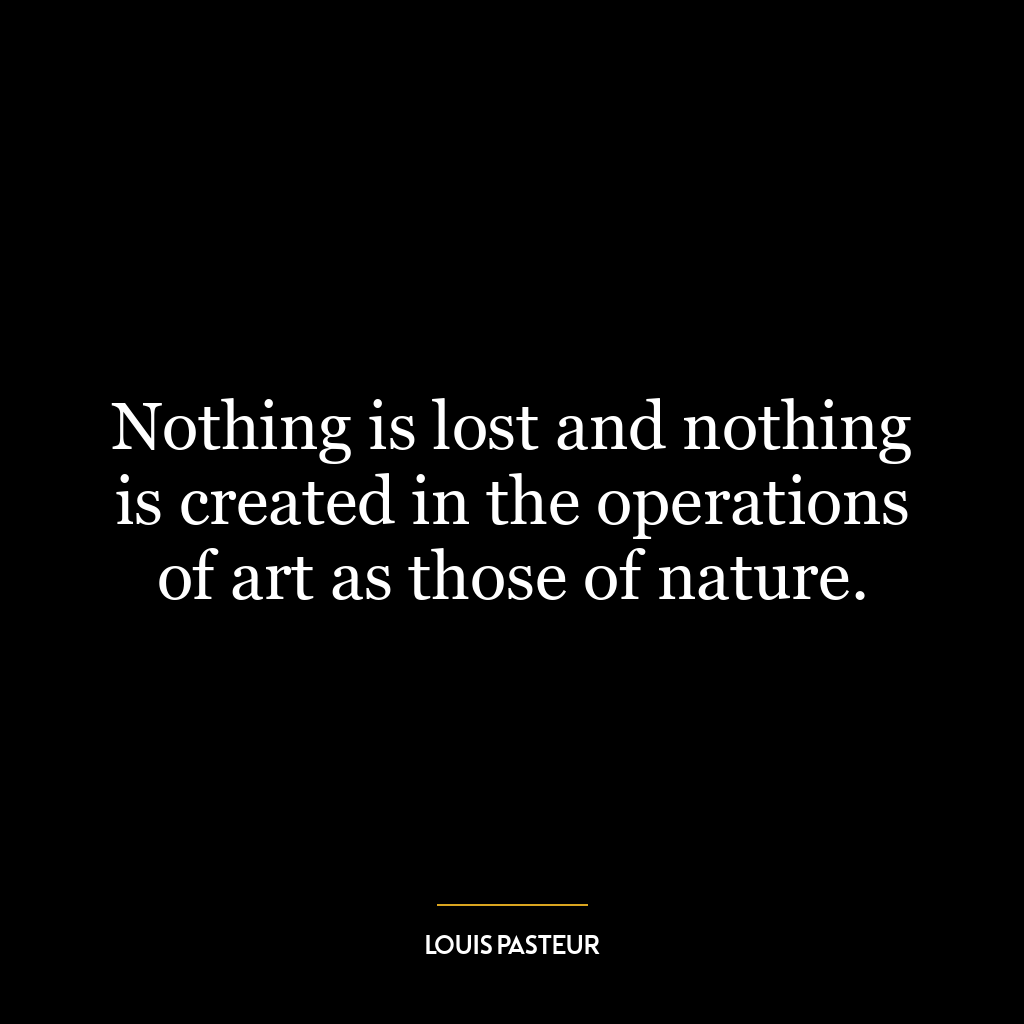Charity is great, but the moment you say it is all, you run the risk of running into materialism.
This quote by Swami Vivekananda emphasizes the importance of balance and warns against the potential pitfalls of overemphasizing charity. It suggests that while charity is indeed a noble and virtuous act, considering it as the ultimate good or solution for all problems can lead to materialistic tendencies.
When we say that charity is everything, we inadvertently place too much emphasis on material goods. This happens because most charitable acts involve giving or receiving material resources. And when these acts are seen as the highest form of goodness, it could lead us to believe that happiness and morality are tied to these physical resources – leading to materialism.
In other words, if we see giving away physical goods as the ultimate act of kindness, this might imply that those who have more physical goods (and thus more capacity for such acts) are inherently better or more moral people – an idea which aligns with a very materialistic worldview.
Applying this idea in today’s world could mean striving for a balanced perspective on charity. While it’s important to help others in need through charitable actions, it’s equally important not to base our self-worth or our evaluation of others solely on their ability (or inability) to give materially.
This concept can also be applied in personal development by encouraging individuals not only focus on acquiring wealth for charitable purposes but also developing non-material virtues such as empathy, kindness and understanding. These virtues contribute towards personal growth and help foster deeper connections with others without associating self-worth with one’s capacity for monetary donation.
Therefore, while charity should be encouraged and celebrated, it shouldn’t be viewed as an absolute measure of goodness but rather one aspect among many other non-material virtues contributing towards holistic human development.













